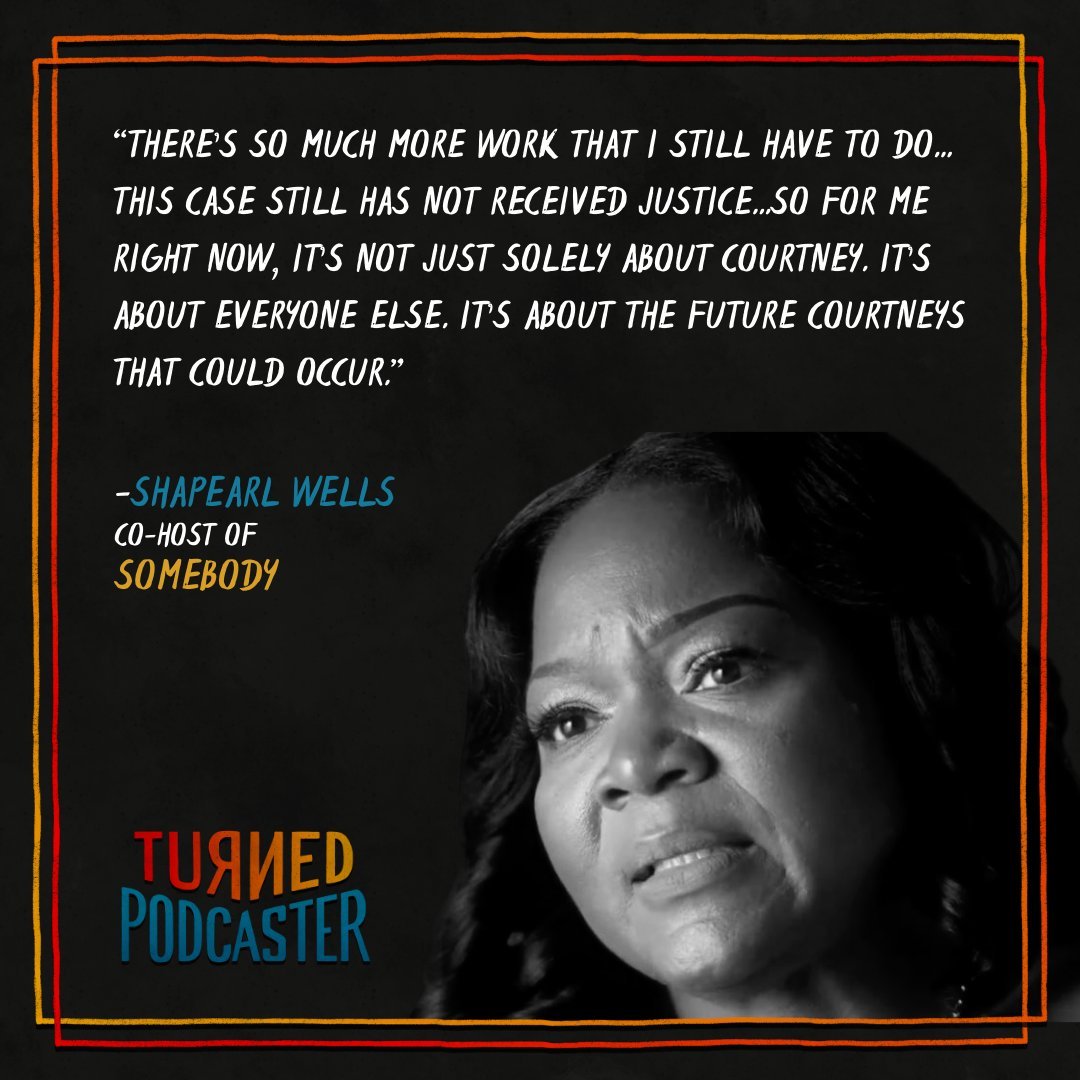Vol. 3 Issue 13
Beneath the Surface launch; Chicago to Guantanamo exhibit
The Beneath the Surface website has launched, for supporters to follow our in-progress investigations into gender-based violence and our data science methodology. The site makes public our first set of findings, on patterns of Chicago Police neglect in response to cases of sexual assault or domestic violence.
As Charles Green v. Chicago Police Department—the lawsuit at the center of the push for the public release of all Chicago Police records—reaches the Illinois Supreme Court this spring, we’re hopeful that Beneath the Surface will demonstrate to the public why the underlying investigative files are essential for understanding allegations against the police.
→ We encourage you to share btsurface.com and the police neglect findings with your community.
A note from Hilesh Patel:
March 8, 2022
One of the themes that informs investigative work at Invisible Institute is how human rights reporting can nourish the civic imagination– the imagination of what’s possible in our city.
The past month has seen two powerful demonstrations of how our investigative work contributes to the communities we hold ourselves accountable to:
Across three hearings in February, the Cook County State’s Attorney vacated dozens of convictions of individuals framed by a group of police officers led by Sgt. Ronald Watts, who preyed on public housing residents on the South Side of Chicago.
Since Jamie Kalven first reported on the Watts crew in the “Code of Silence” series in 2016, more than 130 individuals have been exonerated and 169 convictions have been overturned–the largest mass exoneration in Cook County history. Jamie will continue to report on the scale of the harms inflicted by the Watts team and on the remarkable process by which the victims, with the support of their attorneys, are forcing the city to reckon with this history of abuse.
On February 10, we published the Beneath the Surface website and initial findings of police neglect. This team, led by Trina Reynolds-Tyler and supported by Human Rights Data Analysis Group and a team of nearly 400 volunteers, analyzes thousands of Chicago Police complaint records to surface patterns of gender-based violence. In this massive archive we see just how nuanced and egregious these allegations are. Taken as a whole, these patterns hold evidentiary weight for future civil rights work.
These two projects, and all of our investigative work, fall under the umbrella of human rights reporting. Often when we use the term “human rights,'' the tendency is to default to events and systems outside of the United States. These long term investigations are at once hyper local in their focus and national in their implications. They reflect our understanding of human rights work as a neighborly practice. Your support of our investigations makes this impact possible
Hilesh Patel
Executive Director
One-time or recurring donations enable us to continue surfacing abuses of power.
We are grateful for your support and your commitment to holding public institutions accountable.
Opening at DePaul Art Museum on March 10, research by Maira Khwaja & Marie Mendoza on connections between Chicago and Guantánamo Bay are featured in Remaking the Exceptional: Tea, Torture & Reparations, curated by Amber Ginsberg & Aaron Hughes.
Learn more and book a visit→
WTTW’s new Firsthand series on segregation features an essay by Jamie Kalven, “The Geography of Fear: Policing the Segregated City,” as well as Patricia Evans’ photography in the South Side Weekly’s reporting, “Mapping Chicago’s Racial Segregation” and “Chicago Public Schools and Segregation.”
Shapearl Wells, host of the Somebody podcast, recently joined cognitive scientist Dr. Maya Shankar on A Slight Change of Plans podcast, and Turned Podcaster, along with Alison Flowers, to discuss the making of Somebody.
A note from Jamie Kalven on the passing of Dr. Paul Farmer:
We mourn the death of Dr. Paul Farmer, who has long been an inspiration. The historian Tony Judt, toward the end of his life, mused about life after death. We die, he observed “but we live on in other people in ways for which we are responsible. The memory we leave behind, the impression we leave of the shape of the ideas we had, and the reasons people might have for continuing to engage those ideas, are responsibilities that we have now for a world that we can’t be responsible for.” By that measure, Paul Farmer discharged his responsibilities and will live on as few do.






